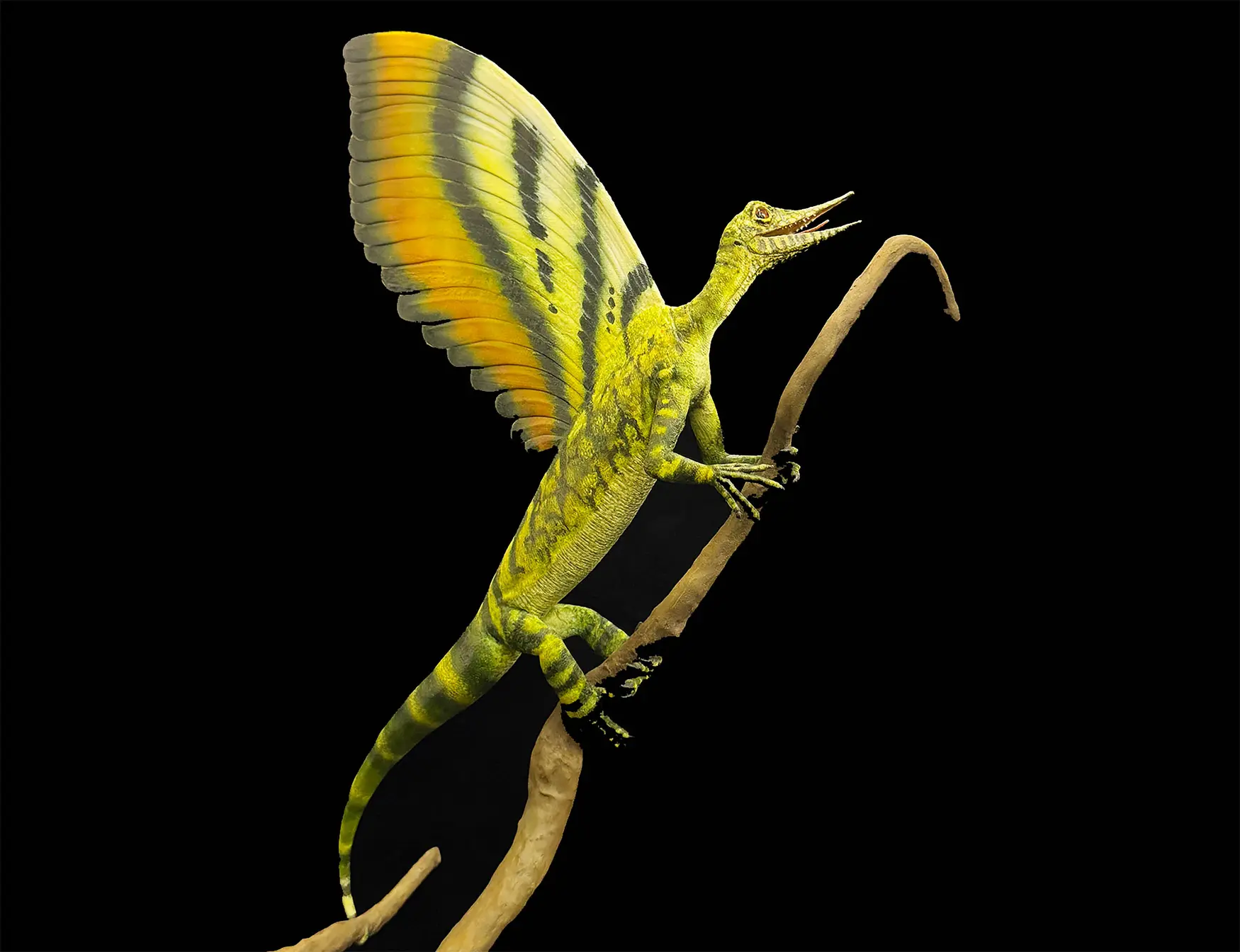T4K3.news
New marine reptile species discovered in Germany
Paleontologists have identified Plesionectes longicollum from the Posidonia Shale, expanding knowledge of Jurassic marine ecosystems.
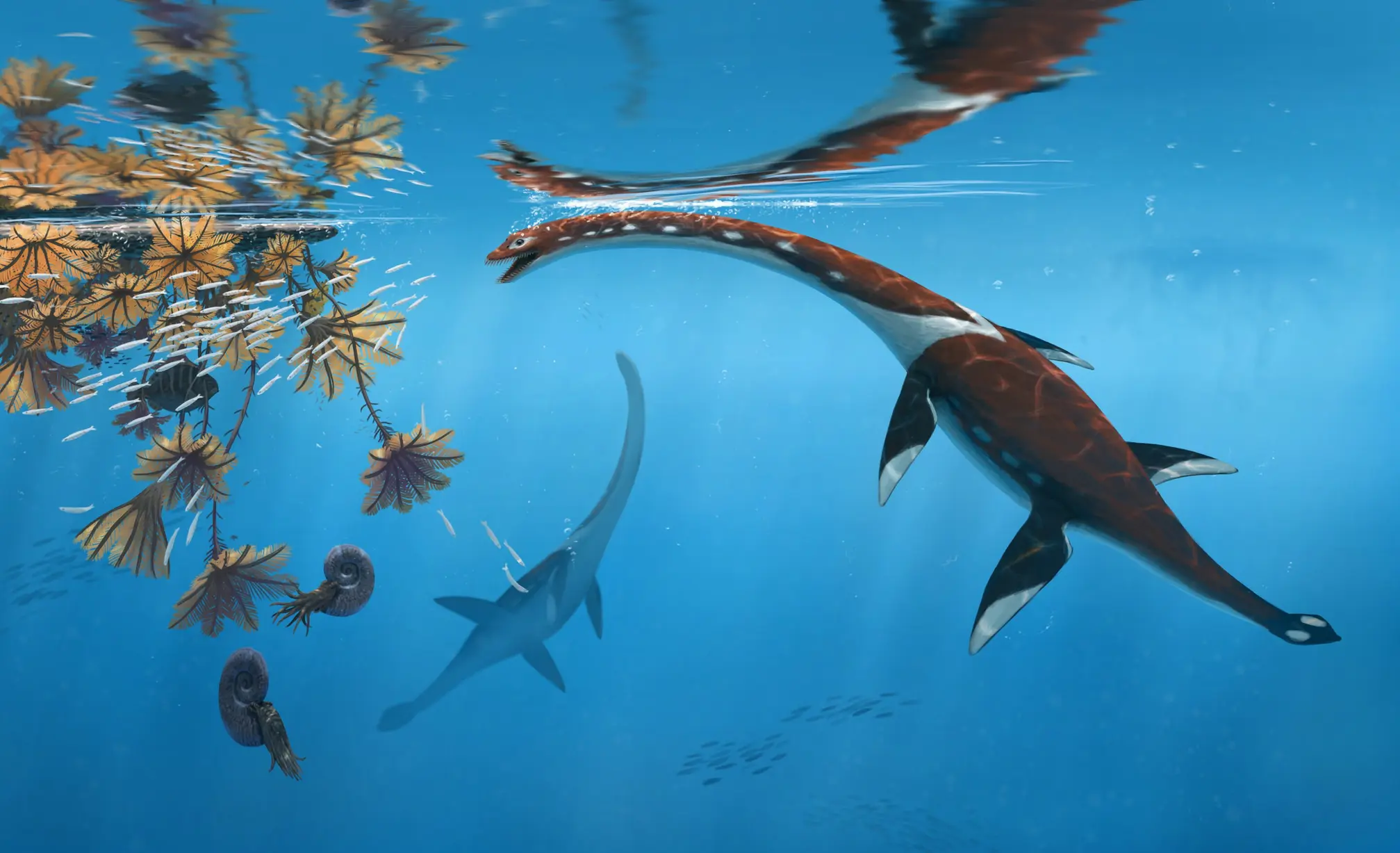
Paleontologists have uncovered a new ancient marine reptile species from Germany's famous Posidonia Shale.
Discovery of new marine reptile species enriches our understanding of Jurassic ecosystems
In a remarkable find, paleontologists have identified a previously unknown species of ancient marine reptile from the Posidonia Shale fossil beds in Germany. Named Plesionectes longicollum, or "long-necked near-swimmer," this new species offers insight into prehistoric oceans that existed around 183 million years ago. Initially excavated in 1978, the nearly complete skeleton still contains fossilized soft tissue, revealing unique anatomical features that distinguish it from other plesiosaurs. According to Sven Sachs, the lead author of the study, previous examinations had not fully explored this specimen’s anatomy. With the latest research published in PeerJ, the discovery highlights the rich diversity of marine reptiles in the area, confirming the Posidonia Shale as a key site for understanding Jurassic life.
Key Takeaways
"This specimen has been in collections for decades, but previous studies never fully explored its distinctive anatomy."
Sven Sachs, the study's lead author, speaks on the overlooked significance of the fossil.
"The early Toarcian period was marked by significant environmental changes affecting marine life worldwide."
Dr. Daniel Madzia explains the context of the discovery during a critical environmental phase.
The identification of Plesionectes longicollum marks a significant advancement in the study of marine ecosystems from the Jurassic period. This discovery not only emphasizes the potential for further findings in the Posidonia Shale but also highlights the adaptability and evolutionary pathways of marine reptile species. As the lead researchers note, this extraordinary find helps piece together the environmental changes affecting marine life during a time of drastic oceanic conditions. Such insights can reshape our conception of how ancient ecosystems functioned, offering a clearer picture of biodiversity changes over millions of years.
Highlights
- This discovery adds another piece to the puzzle of marine ecosystem evolution.
- Our examination revealed an unusual combination of skeletal features.
- The Posidonia Shale contains greater diversity than previously recognized.
- This specimen has remained unrecognized for decades despite its significance.
Potential impact on the paleontological community
The discovery may prompt renewed interest and research funding in paleontology, potentially influencing educational budgets and initiatives for fossil investigations.
The discovery opens avenues for further paleontological research in the area.
Enjoyed this? Let your friends know!
Related News
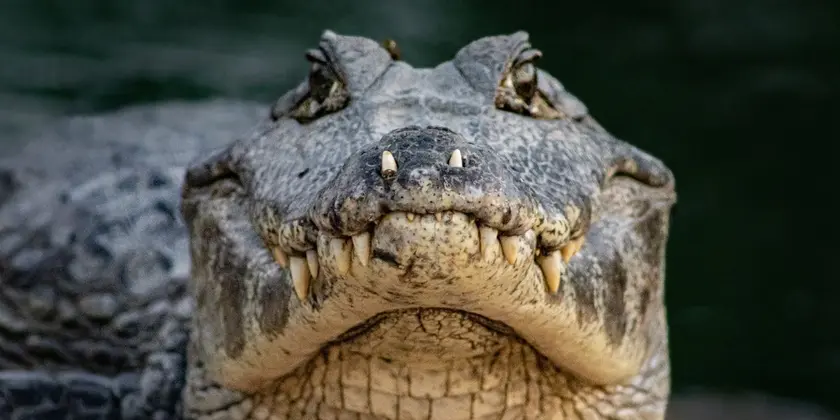
Researchers unveil new worm species discovered in alligator experiment
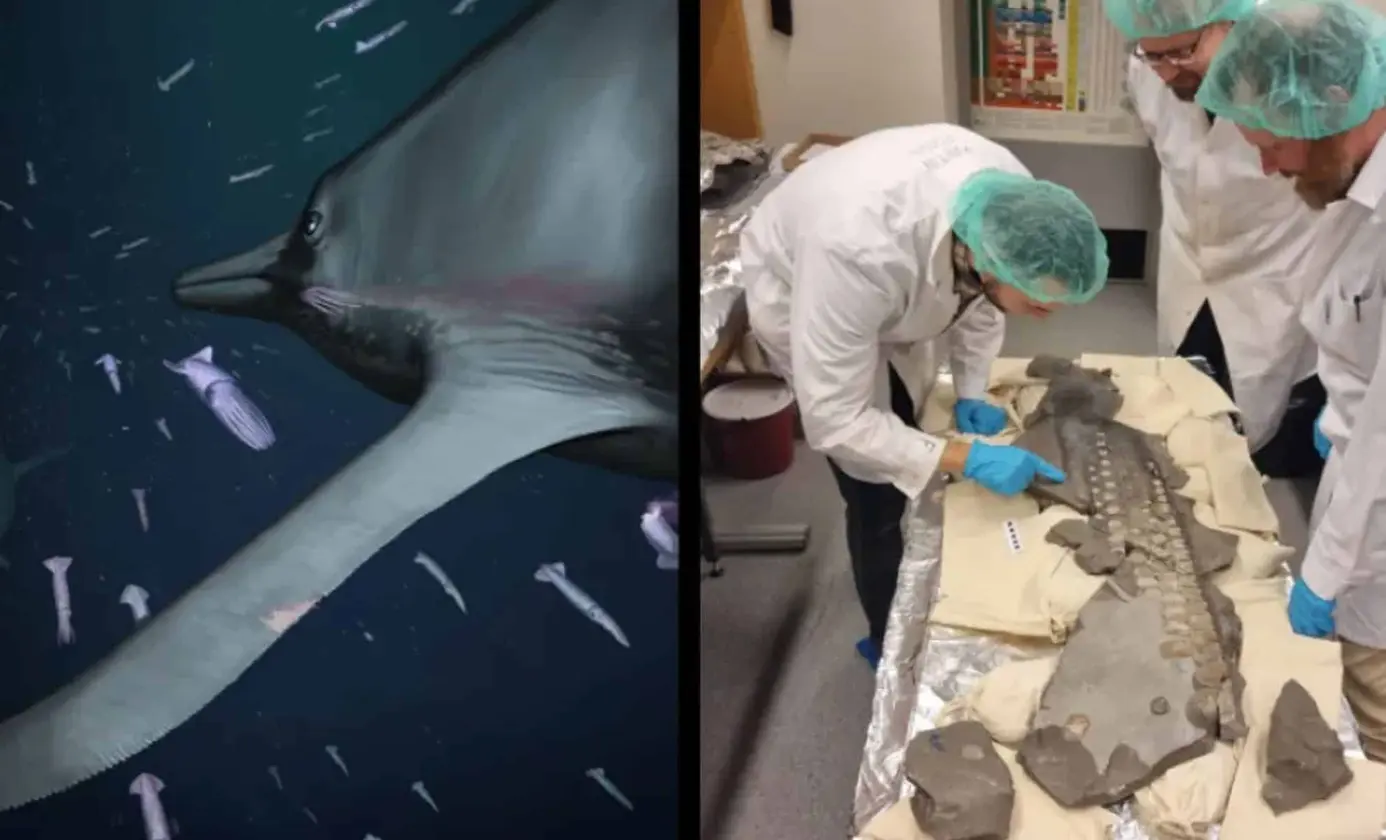
Groundbreaking Fossil Discovery Revealed
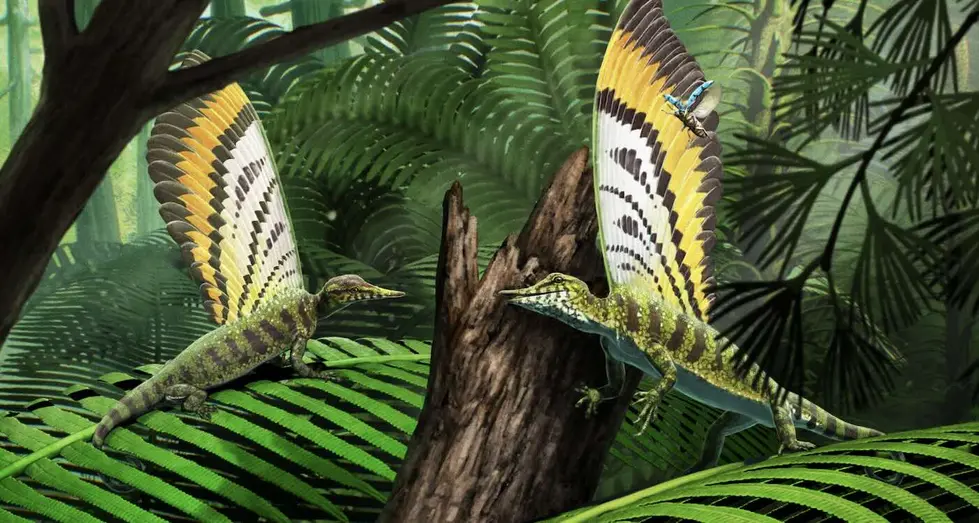
New Triassic reptile discovery changes views on feather evolution
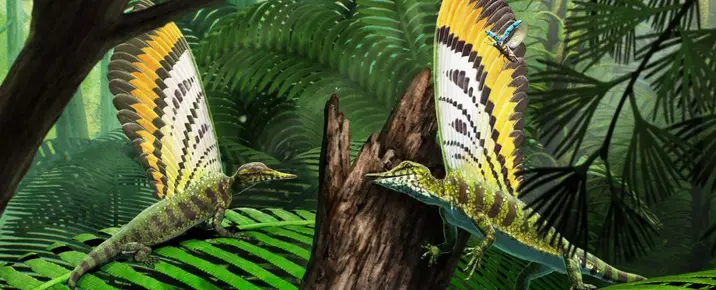
Unique reptile fossil offers new insights into evolution

New details emerge about prehistoric 'dragon' fossil

Marine Superintendent Finds New Microbial Life
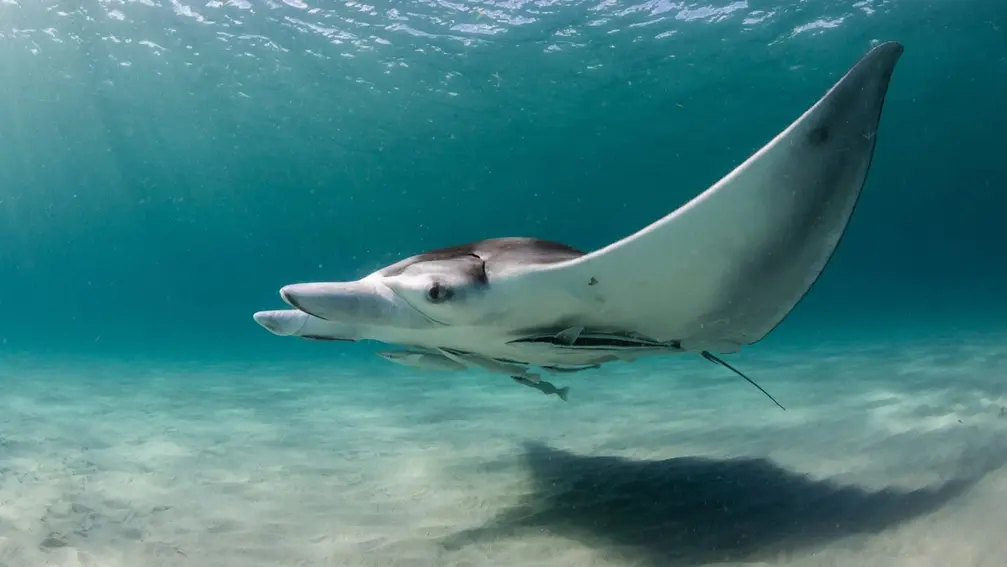
New atlantic manta ray species identified
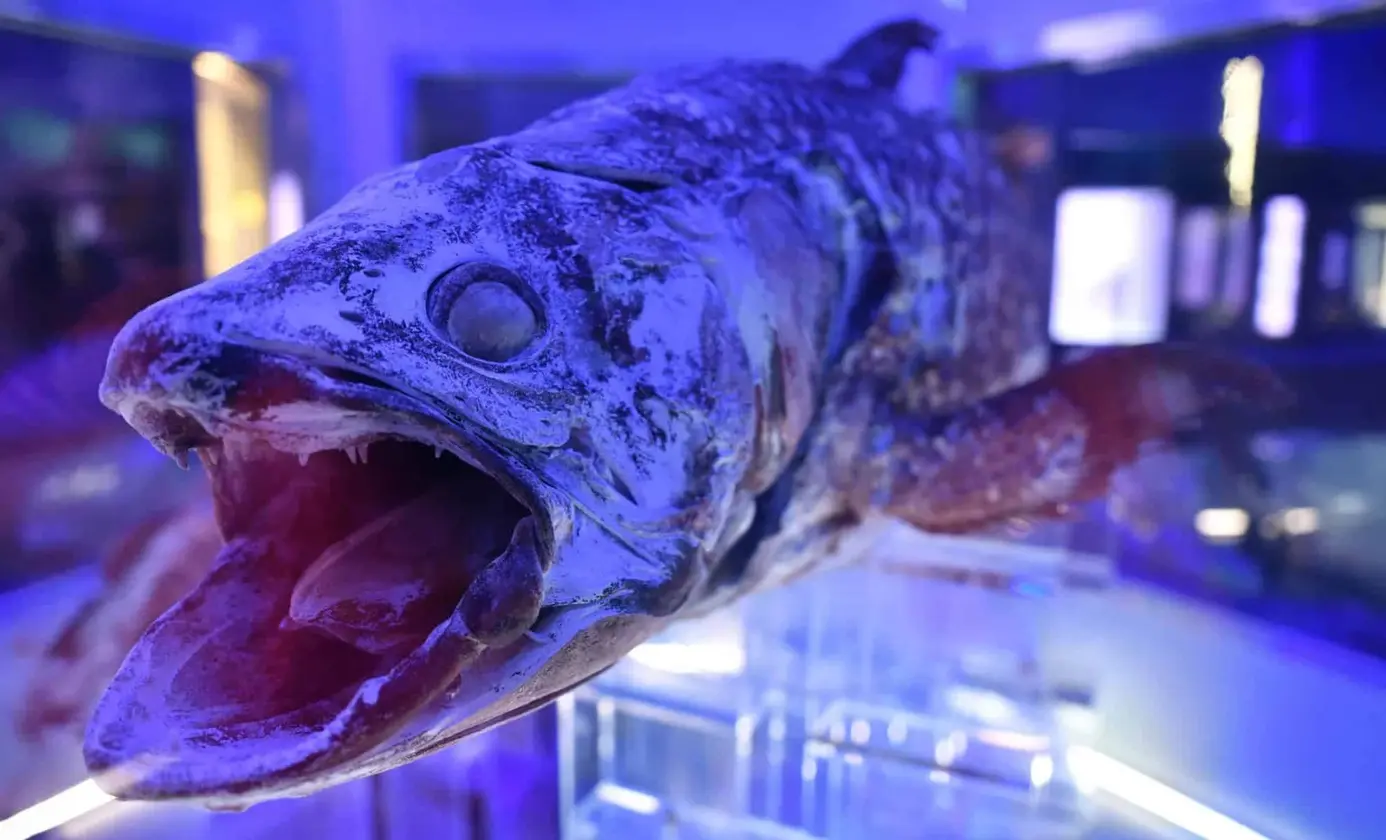
Study reveals coelacanth's misunderstood anatomy
